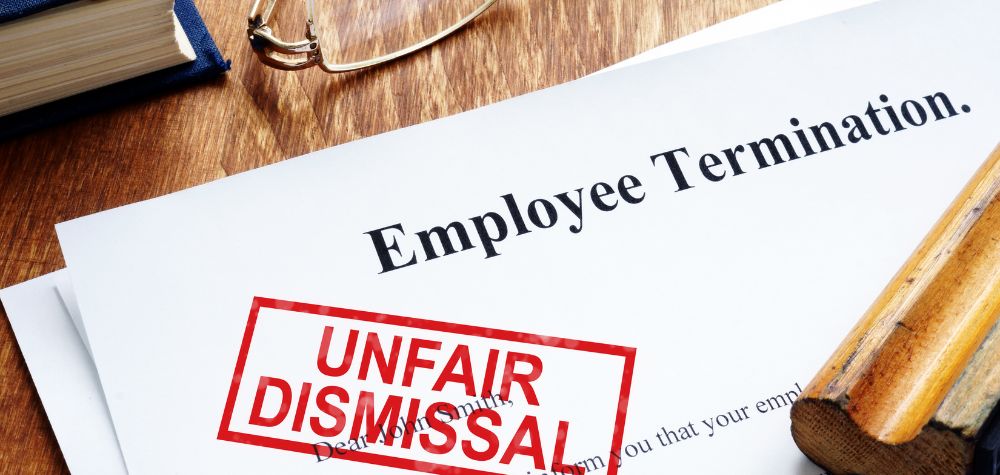
Been Fired? Here’s How To Check It Was Done Correctly, With The Right Notice & Entitlements
If you’ve been given notice of your employment ending, you want to ensure you’ve received the correct notice and entitlements by the end. The best way to do this is by speaking with your employer – and preparing to do so is key.
What You Need Beforehand:
- Any letters, texts or emails your employer has sent you about your employment ending
- Information from the Fair Work Commission regarding notice and pay requirements for dismissal, redundancy and final pay.
The Steps You Should Take
Understand your situation
- Check why your employment is ending. The business may no longer need your job (redundancy), or your employment may be terminated for another reason (dismissal). This could affect the notice your employer needs to give you and what you are entitled to be paid.
- You won’t be entitled to notice if your employer dismissed you for serious misconduct, or if you’re a casual employee. Check if you’re entitled to notice
- Not all employees are entitled to redundancy pay when their job is made redundant. Check who is entitled to redundancy pay.
- Check if you’re covered by an award.
- Check your employment contract. You might be entitled to a more extended notice period or redundancy pay than your award or registered agreement says.
- Check for any workplace policies that might apply to your circumstances.
Check if your employer has followed the rules
- Check whether your employer complied with their redundancy or dismissal obligations specific to your award or registered agreement, your employment contract, or any workplace policy. These often address redundancy and dismissal.
Speak with your employer
- Speak with your employer first if you believe they haven’t followed their obligations or you have questions about the dismissal. Make a time that suits you both.
- Prepare for the discussion. Write down what you want to get out of the meeting and list out talking points.
- Bring a support person along to the meeting if that helps you. Sometimes, this can help you remember what was said.
- Be calm at the meeting. Discuss your situation with your employer and show them the information you’ve found. Follow up in writing after the meeting.
Follow up the meeting with your employer
- Allow time – for example, one week – for your employer to respond to the issues raised at the meeting. If you’ve been dismissed, remember there are time limits on making applications to the Fair Work Commission for unfair dismissal.
- Follow up on your employer’s response.
- Try to reach an agreement with your employer about the end of your employment. Contact the Fair Work Commission or a legal advisor if you can’t resolve the issue and need more support.
You must be logged in to post a comment.

+ There are no comments
Add yours